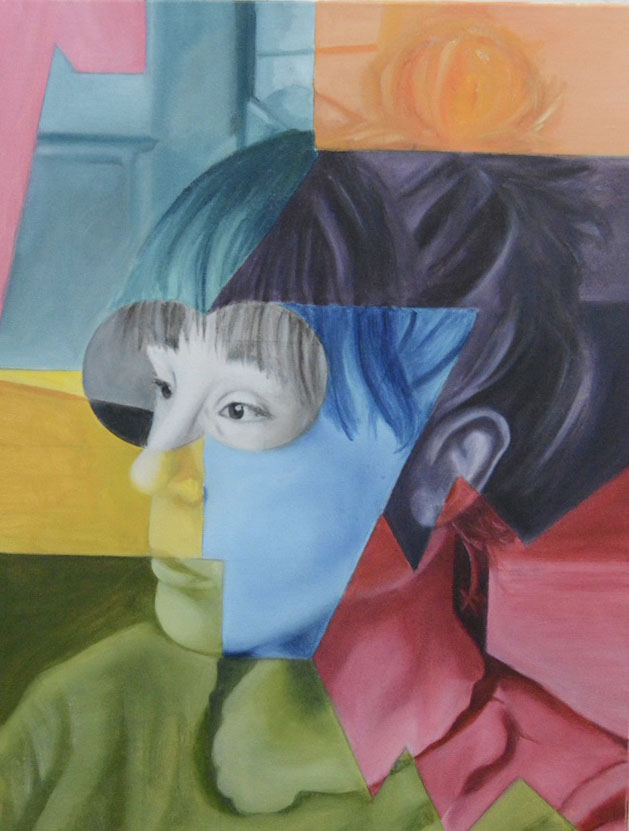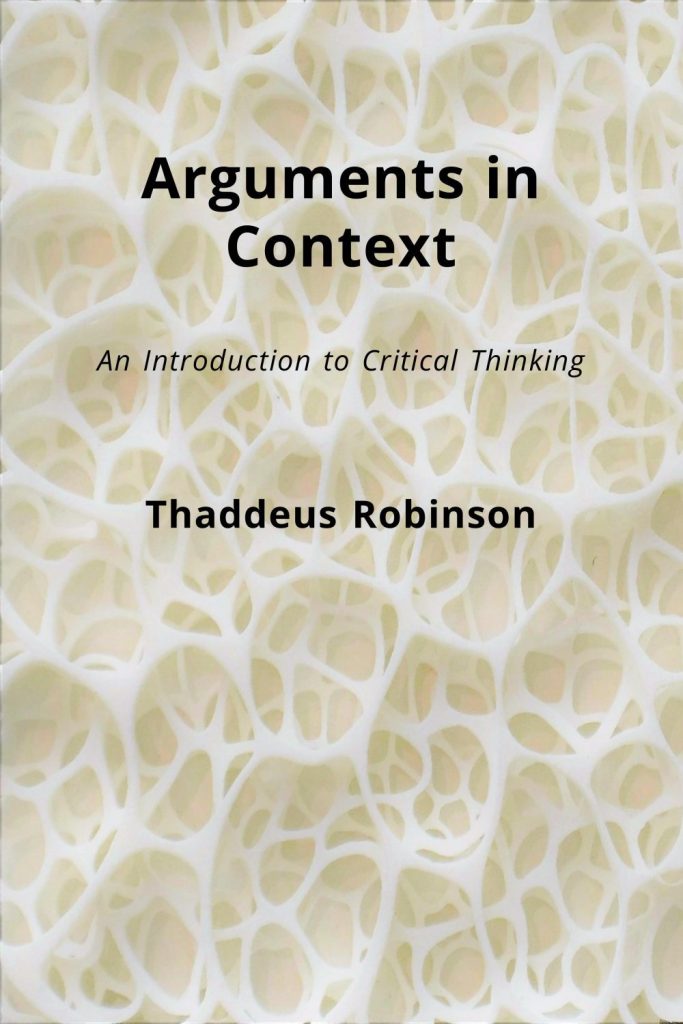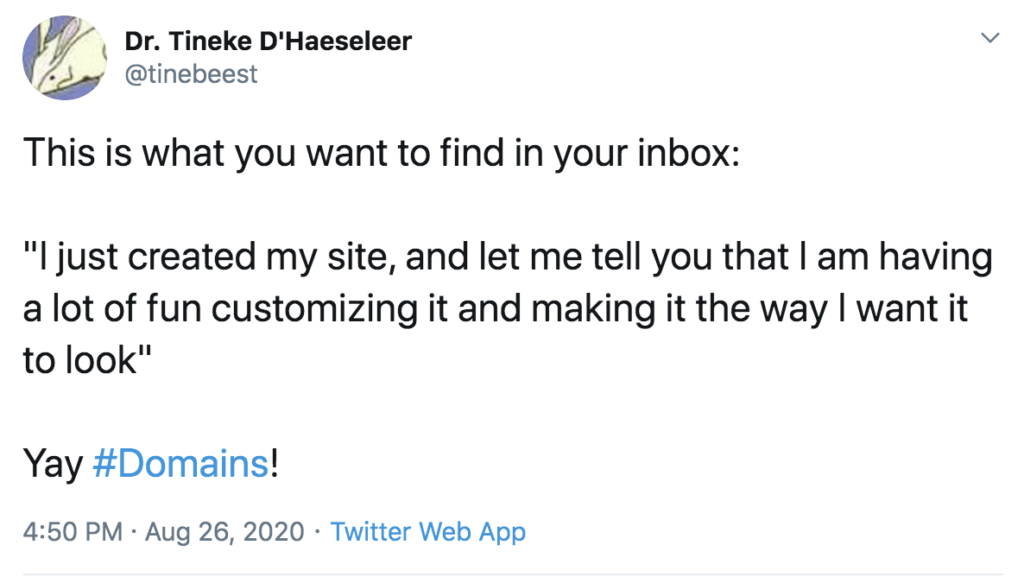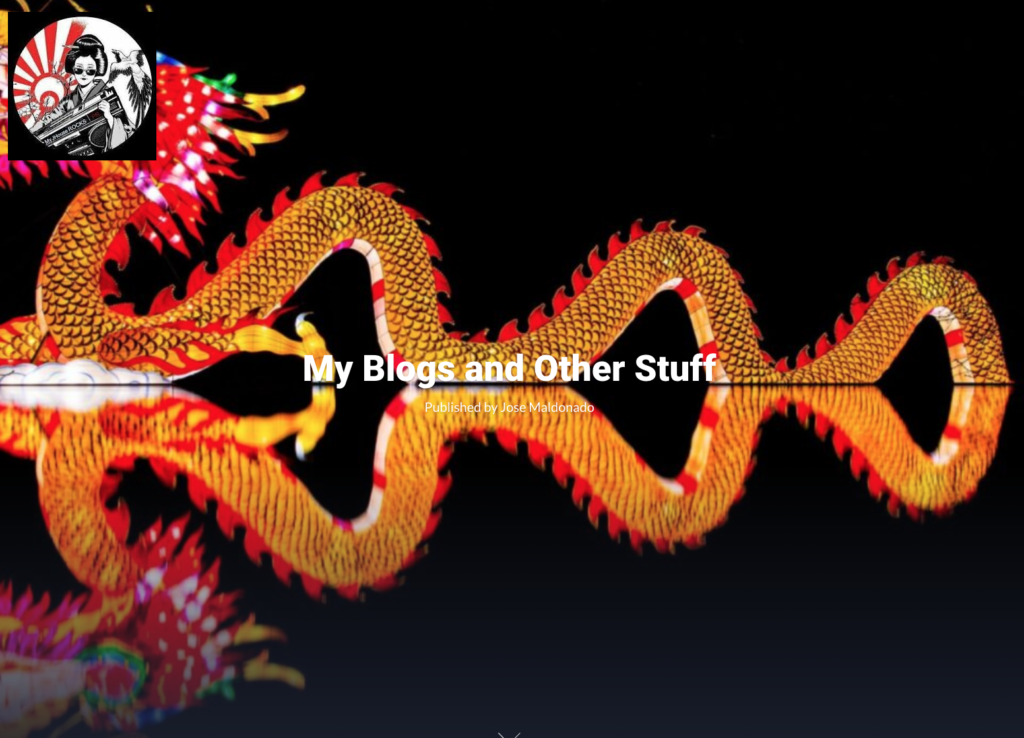
In a previous post, I highlighted the distinct focus on OER co-creation with students at Muhlenberg. Students have been drivers of digital learning since we began in 2015, and one of the guiding principles of our digital learning work at Muhlenberg is the value of student voice and agency. In this, we connect to a longstanding focus on peer partnership at the College, where student Digital Learning Assistants join up with Writing Assistants, Peer Tutors, and Learning Assistants, to create a strong presence of students as teachers and pedagogical partners in our teaching and learning environment. This was the focus of a 2018 workshop series, “Engaging Students as Partners,” led by Alison Cook-Sather, director of the Teaching and Learning Institute
at Bryn Mawr and Haverford Colleges, along with her student collaborators, Melanie Bahti and Sasha Mathrani. In one of those workshops, Tineke D’Haeseleer, Assistant Professor of History at Muhlenberg, began to consider possibilities for student-teacher co-creation in her pedagogy. This post is dedicated to the creative and often daring digital pedagogy that Professor D’Haeseleer has evolved, focusing in particular on the OER co-authored by students in her Spring 2018 course, China’s Magical Creatures.
https://open.muhlenberg.pub/chinasmagicalcreatures/
The book’s opening begins with the opening of another book, Story of the Stone (or Dream of Red Chambers, Honglou meng in Chinese):
“Gentle Reader,
What, you may ask, was the origin of this book?
Though the answer to this question may at first seem to border on the absurd, reflection will show that there is a good deal more to it than meets the eye.” [1]
It is a perfect path into this open text, as Professor D’Haesesleer explains at the end of her introduction:
The magical Stone in the eponymous Story of the Stone was incarnated into the world of humans as a man who lived a full life, before it returned to its existence as a stone in a different plane of existence – but bearing an inscription detailing its adventures. Like the Stone, this textbook is now ready to go out into the world of humans, and hopefully its adventures will also be inscribed in the object itself, as future readers use, reuse, and remix the text.
Not only does Professor D’Haeseleer situate the co-created OER in relation to an important literary text, she alsos invites readers to reflect on what it means for students to situate themselves, and be situated pedagogically, as, co-creators of knowledge:
What meets the eye at first is a set of chapters written by the students who took the course in Spring 2019. The students are not experts at China, they do not know Chinese and thus had to rely on English-language materials available to them through our library and my personal collection. Many are at the start of their journey of learning to write for their college-level peers.
It may seem absurd to let these people write a textbook: shouldn’t we leave that to the experts? But although I know more than my students about Chinese history, and a bit more than they do about its magical creatures, I am not an expert at textbooks: I use them only for some courses, and I haven’t used one as a student would in many, many years. But I teach students who use textbooks all the time, and I thought they would have better ideas about what makes a textbook on the one hand attractive and inviting, or on the other hand abstruse, or otherwise becomes a roadblock to learning and discovery.
At the outset, readers encounter students giving voice to the process, practice, and purpose of the OER work, including the following perspectives:
Nyjah: I feel this online book is a great idea … “Chinese Magical Creatures” is such an odd class, there is not real material for it. Having people in the class help to put it together makes it even better, because as students we know what we like and dislike in textbooks, and we know what we feel was necessary and important to include.
Lauren: In all of my other classes, I have always felt like I gained a lot of knowledge, and then had nowhere to put it all.
Jess: Being part of the project instilled me with a sense of responsibility. I needed to be clear and accurate.

As a co-created production, the book encompasses so many diverse topics, including the meanings of a ceramic bowl, creatures that lay within the mountains, the origin of dragons, Taoists exorcism rituals, and many other topics carefully researched, documented, and presented by students for their readers. Their bibliographies for each entry are extensive and invite further, deep exploration into the history of the artifacts and stories they are researching, demonstrating engagement with historical methods and also the affordances of open publishing to open and link to connected content and material.
Professor D’Haeseleer is building on this experience this semester, with another co-creative open educational project underway in her course on Korean history. It is one of many critical and creative ways she is practicing digital and open pedagogies at Muhlenberg. She shares reflections on a lot of this work on Twitter @tinebeest. Follow along! These collaborations have been so rewarding and generative for the Digital Learning Team in the last few years.







